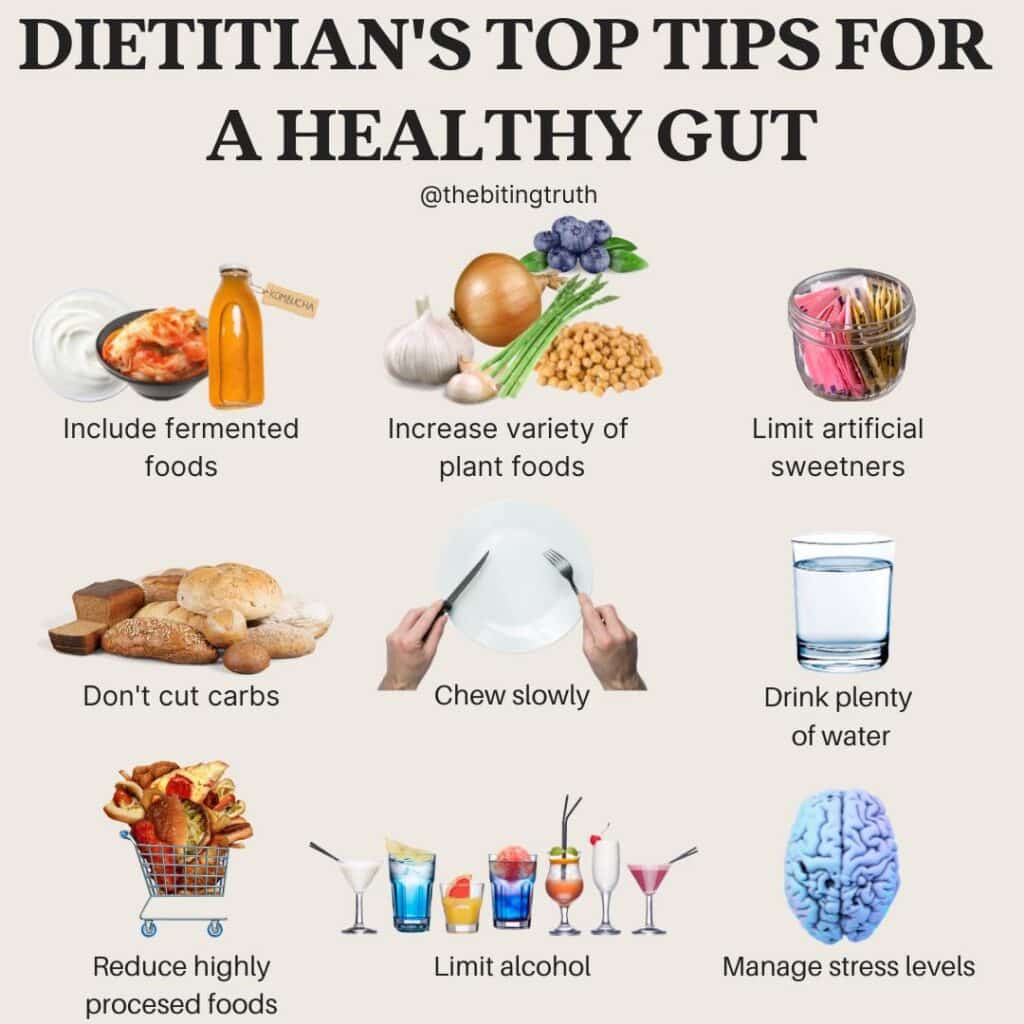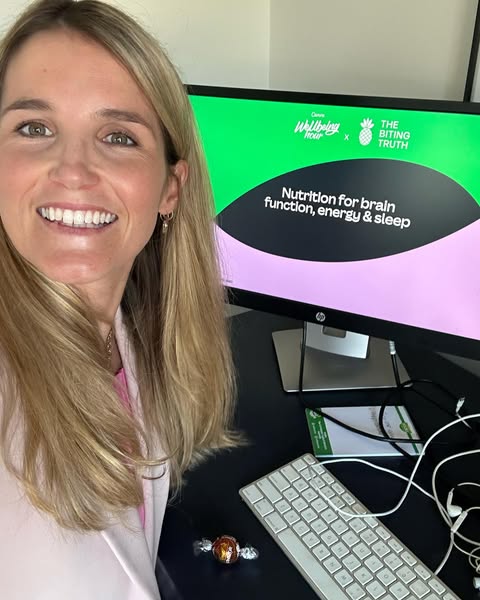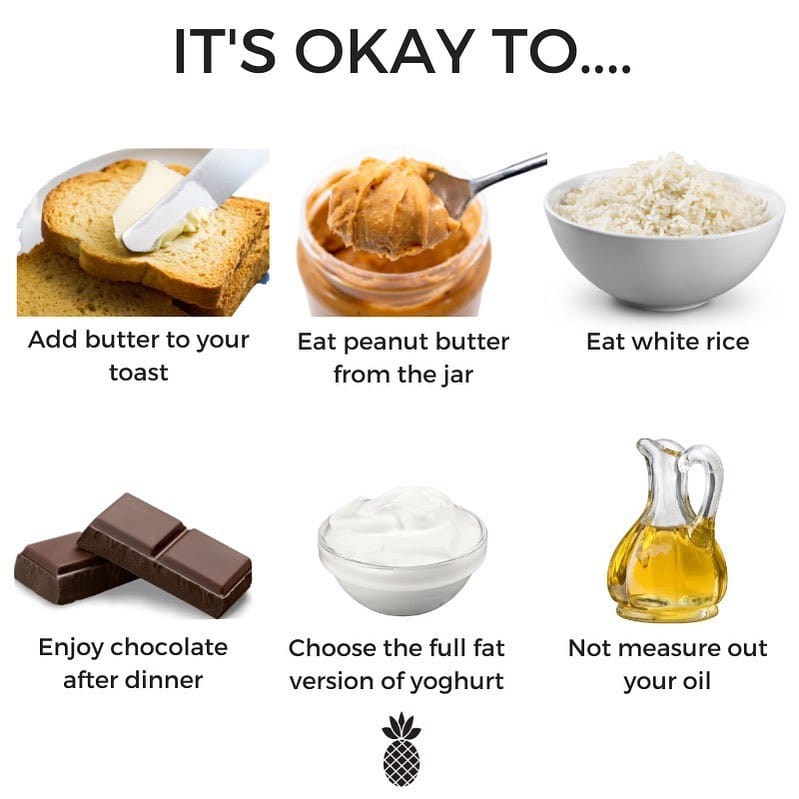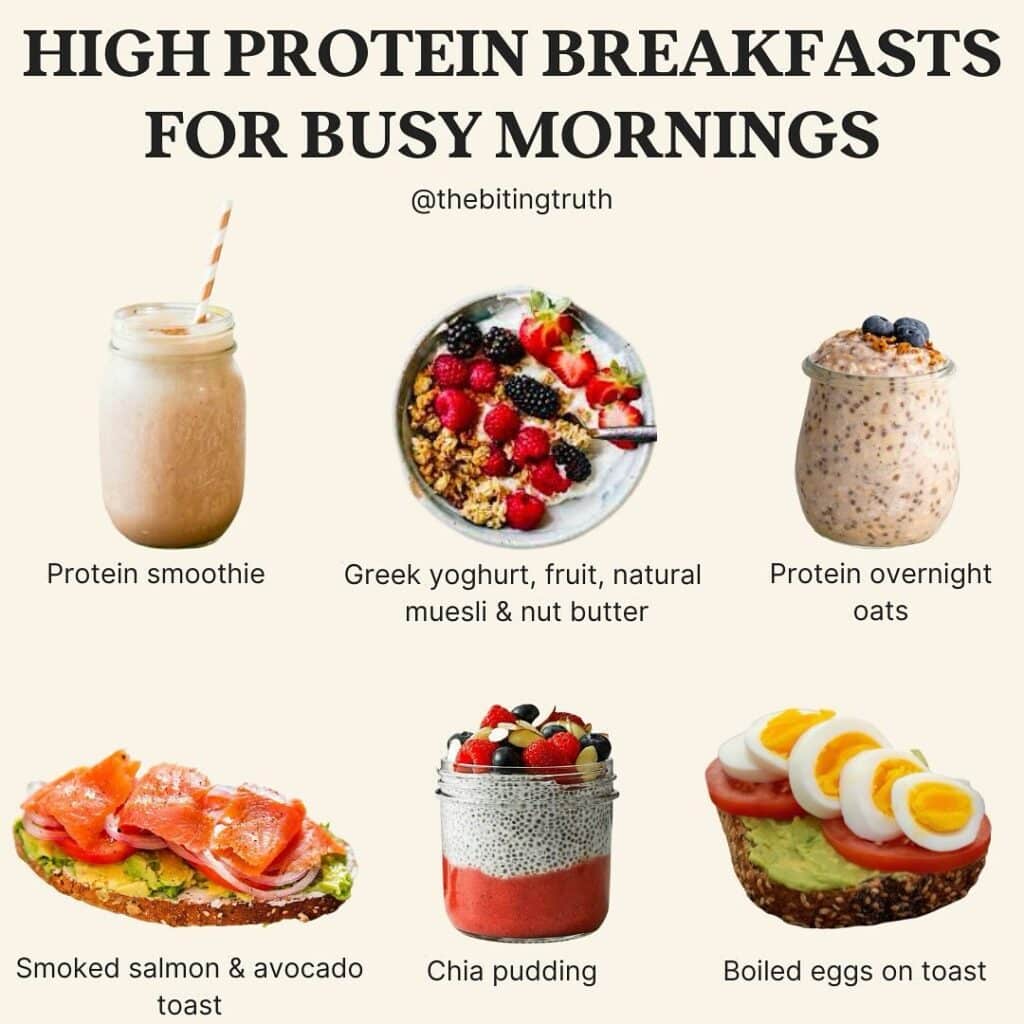Free shipping for orders over $80
Free shipping for orders over $80
In the current landscape of ever emerging super foods, Omega-3 is a group of superstar nutrients often talked about due to their powerful and protective benefits on health. Omega-3 refers to a group of very thoroughly researched fatty-acids which are an essential inclusion in diet! With so much discussion about Omega-3 we’ve put together a summary of the current science to clarify any uncertainties.
Although Omega-3 is often thought of as a single nutrient, it is in fact an umbrella term for a range of essential polyunsaturated fatty acids. An “essential” fatty acid means our body cannot produce it on its own, and hence we need to obtain them through diet. Therefore, if you don’t get any omega-3 from your diet, you may develop a deficiency and become sick. That is why they are termed “essential” fatty acids. Research shows many links between Omega-3 and reduction in chronic disease, so here’s a quick summary of those awesome benefits for each of the main Omega-3 fatty acids;
EPA’s are known for their ability to reduce inflammation throughout the body. EPA has also been suggested to be the most effective form of Omega-3 in alleviating symptoms associated with anxiety and depression.
DHA: is involved maintaining cell membranes, and is essential for healthy growth and development. Right at the start of life, DHA plays a key role in forming healthy brain and eye cells and keeping those cells functioning properly all the way through life. DHA in our skin cells also supports our bodies in maintaining healthy, glowing skin.
ALA is a plant source of Omega 3 which needs to be changed to EPA and DHA in the body in order to have those beneficial impacts on health. ALA doesn’t very efficiently change to EPA and DHA, so it’s important to also include direct sources of EPA and DHA in your diet. ALA is mostly used for energy in the body, however diets high in ALA have still be shown to be effective in reducing risk of cardiovascular disease, increasing HDL (a.k.a ‘good’ cholesterol), improving blood pressure and reducing inflammation.
There isn’t a set recommendation for intake of Omega-3, however the National Heart Foundation has set simple and achievable intake goals supported by firm evidence;
For people with heart conditions or high blood lipids, research has indicated that increasing daily intake of Omega-3 to above 1000mg may have positive outcomes.
While Omega-3 seems to receive all of the spotlight, Omega-6 is also important. In fact, what is most important is the balance of the two. Like Omega-3, Omega-6 fatty acids are essential fatty acids. While Omega-3 tends to be anti-inflammatory, Omega-6 is pro-inflammatory. Before you jump to conclusions, this isn’t necessarily a bad thing as we actually need a little bit of inflammation in the body. It helps protect our body from infection and injury.
Although Omega-6 is essential and we need some of them, most of us tend to consume far more than we need, which can have negative consequences. You find Omega-6 in foods like sunflower oil, corn oil, soybean oil, safflower oil).
Scientists have hypothesised that a diet high in Omega-6 but low in Omega-3s increases inflammation, while a diet that includes balanced amounts of each reduces inflammation.
In Australia, many of us are not getting sufficient Omega-3 in our diets, which is problematic as food is the only way which we can get Omega-3.
Some common indicators of deficiency include fatigue, poor memory, depression, anxiety, poor concentration, dehydration, or stiff and painful joints. Some additional signs may also include dry skin, brittle nails, dandruff and allergy symptoms.
It’s really important to remember that deficiencies can take a long time to develop and impact the body, so it’s best to try focus on boosting dietary Omega-3 before this happens. If you are concerned about deficiency, it’s always best to seek further advice from your doctor or an Accredited Practising Dietitian.
Omega 3 can be found in both animal (EPA & DHA) and plant (ALA) sources. Some sources particularly high in Omega-3 are highlighted below;
Animal sources (EPA & DHA);
Plant sources (ALA);
When it comes to supplementation, it’s always best to consider whether you can meet your needs via foods first. This way, not only will you receive Omega-3, but you’ll get the added bonus of the associated protein, vitamins and minerals which you won’t find in a supplement. Eating a varied diet, which includes oily fish, is more than adequate to meet your Omega-3 requirements. However, sometimes there are various circumstances (such as culture, religion, preference, allergies or cost) where seafood may not be a viable option.
Taking a good quality fish oil supplement (that contains both EPA and DHA) is a great way to increase omega-3 intake. If you’re a vegetarian or vegan, there are DHA supplements which come from algae which can overcome those ALA losses. It is generally regarded that it is safe to take up to 2000mg of combined DHA and EPA supplementation each day, however this will vary between people. Whenever deciding whether to begin taking a supplement, it’s always best to seek the advice of your doctor or dietitian to ensure appropriate doses and selection.
Omega-3 is an essential-fatty acid which we need to include in our diet to maintain healthy structure and function of our cells and bodies. With so many beneficial and protective effects on health, consuming adequate Omega-3 is crucial. Eating a balanced diet full of wholesome foods, including 2-3 serves of fish each week will allow you the best chance at meeting your Omega-3 requirements. Always take a food first approach to nutrition, and if you are concerned you may be deficient, seek the advice of a health professional before commencing supplementation.
—
This piece was written by Caitlin Edmonds and Anna & Alex from The Biting Truth. Caitlin is currently studying her Masters in Nutrition & Dietetics and is an intern at The Biting Truth.






